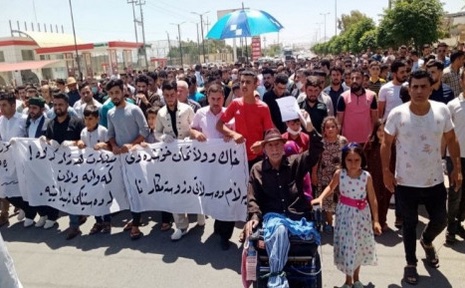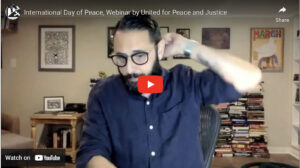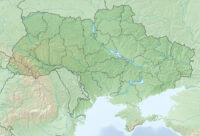Iraq’s Prime Minister, Mustafa Al-Kadhimi, who formed a government in May, five months after the resignation of the previous prime minister in the face of unprecedented popular protest, will be at the White House on August 20. Al-Kadhimi faces a multitude of challenges at home. The government continues to be unable to provide basic services—most notably electricity and clean water. This has been particularly distressing for Iraqis as summer temperatures repeatedly topped 110°F and as they tried to halt the spread of COVID-19. Iraq has surpassed all countries in the region for new cases of COVID-19 per pay and as the healthcare system approaches overload the death rate is mounting.
One of the seemingly insurmountable obstacles to government reform is the corruption that pervades almost every government ministry and is a routine part of all transactions in the country. Ending corruption was a central demand of the protesters. The U.S. bears significant responsibility for this problem, firstly because the 2003 invasion and subsequent occupation destroyed infrastructure and the economy. Secondly, the Federal Reserve of New York still controls the flow of hard currency from Iraq’s oil sales—at least $10 billion a year. When this currency is transferred to Iraq’s commercial banks, money-laundering cartels in the country skim off billions—over $500 billion since 2003, according to the New York Times, which recently published an in-depth, investigative report on what it called the Iraqi Kleptocracy.
The new government has also failed to address protesters’ demands for accountability for the deaths, disappearances, and torture of hundreds of men and women who spent months in the streets. In May, people once again turned out to express their anger and frustration. And once again they were met with violence often by “extra legal” security forces.
Earlier this month, Iraq marked the sixth anniversary of the assault by the armed group calling itself the Islamic State (IS) on the Yezidi community on Mt. Sinjar in the Iraqi Kurdistan Region. From 2014 to 2017, IS committed war crimes and crimes against humanity against the Yezidis. A UN Commission concluded in 2015 that these acts constituted genocide. A new report by Amnesty International, “Legacy of Terror,” documents the ongoing suffering of the Yezidi children who were abducted, enslaved, forced to fight, raped and subjected to other egregious human rights violations. While thousands of children were killed, hundreds survived and are now desperately in need of medical and psychological care.
As is the case worldwide, the Coronavirus pandemic in Iraq has been accompanied by a dramatic rise in domestic violence. This has led women and girls across the country to organize to pass a national law criminalizing all domestic violence; currently only the death of a spouse or child is punishable by law. Expected to meet significant opposition from conservative politicians, women’s rights advocates are gearing up for a sustained campaign to ensure parliament finally passes meaningful legislation.



